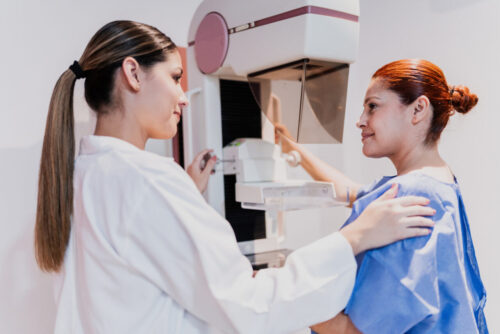
Getty Images
A national organization helps health systems leverage their influence and assets to impact local economies for improved community health.
For decades, healthcare providers have measured their effectiveness using care-related outcomes — successful procedures, symptoms treated, lives saved — and, more recently, patient satisfaction scores.
Take, for example, a shooting victim who arrives at the ER. The quality of care the patient receives could be broken down into wait time, length of stay, and surgical outcomes. While these measures are important, they don’t capture the underlying causes of injury or poor health, nor does tracking them prevent subsequent generations from following the same path to the hospital door.
Consider instead if hospitals measured their contributions toward preventing the shooting in the first place.
That shift in mindset is the goal of the Healthcare Anchor Network. Knowing that fulfilling essential needs is as important for long-term health as is filling a prescription, the national organization helps health systems leverage their influence and assets to move care upstream by impacting local economies. Primarily, the Network focuses on shifting the paradigm through equity and intentionality in hiring, purchasing, investment, and policy.
“Our hospital has innovative programs like the Preventive Food Pantry that do wonderful things for our patients, but we have to think about how and why people get to a place where they need those programs,” says Thea James, MD, vice president of mission and associate chief medical officer at Boston Medical Center. “We need to address the root cause of health issues, which is usually income. When people need to make hard decisions with limited resources, healthcare will always be secondary. We need to create opportunities for people and help set them up to succeed. If we set higher bars for what’s possible, we can change people’s lives for the long run.”
Boston Medical Center has been involved in the Healthcare Anchor Network since its inception in 2017, as it was an ideal fit for the hospital’s focus on social determinants of health. The Network currently comprises 40 organizations, with other member health systems including the Cleveland Clinic, UCSF, Geisinger, Kaiser Permanente, and Intermountain Healthcare.
“We need to address the root cause of health issues, which is usually income. When people need to make hard decisions with limited resources, healthcare will always be secondary.”
– Thea James, MD
A model example of the network’s mission in action is BMC’s recent $6.5 million investment to address housing insecurity. The hospital is putting the money toward diverse community partnerships in neighborhoods where many of its patients already live, enabling access to affordable housing, green space, healthy and affordable food, and transit. As part of the investment, BMC is partnering with a housing developer and a mission-driven grocery to create access to affordable housing units, nutritious food, and job opportunities, as 60% of the laborers on the project come from the surrounding community.
Other hospitals throughout Boston have joined the Healthcare Anchor Network and BMC’s efforts. Both member organizations, Boston Children’s Hospital is matching BMC’s $1 million in housing stabilization grants and Brigham and Women’s Hospital is giving $250,000 per year for three years to focus on violence prevention.
“It’s a really wonderful experience for academic medical centers to work together to transform communities,” says James. “We’re learning so much and just starting to figure out what’s possible for providing pathways to economic thriving and sustainability.”


